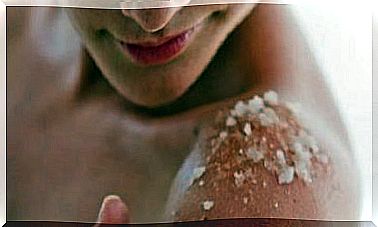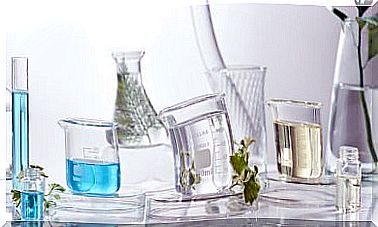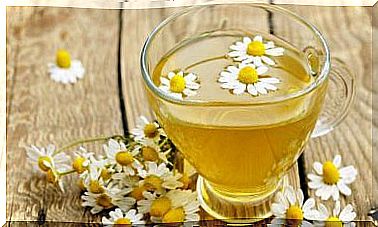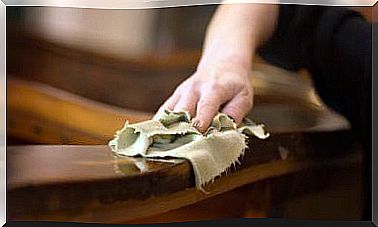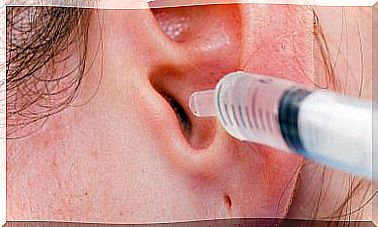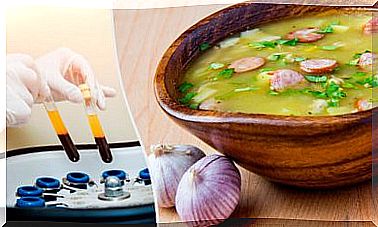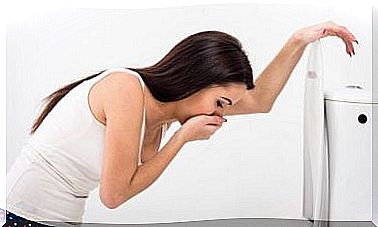Do Home Remedies Work For Skin Whitening?
In recent years, a number of home remedies for skin whitening have become popular. However, its use is a subject questioned by dermatologists, since there is no scientific evidence that talks about its safety and efficacy. Also, some can be harmful.
Skin whitening involves procedures or contact with substances that are intended to reduce the concentration of melanin. However, in terms of health, this does not provide any benefit. In many cases, it even has serious side effects.
So, below we detail why it is better to avoid this type of preparation and what we can do to prevent and reduce the presence of spots on the skin. Continue reading!
Home remedies for skin whitening: what should you know?
There are a wide variety of home remedies for skin whitening that promise to lighten blemishes or achieve a natural lightening of certain areas that are usually darker. However, to date there are no scientific studies that speak of their benefits and it is not known how safe they are when applied to the skin.
In fact, skin whitening methods are controversial, as there is evidence to suggest negative effects. Thus, entities such as the Food and Drug Administration (FDA) warn that even commercial over-the-counter skin whitening products are not safe or effective.
So while some preparations promise to achieve clearer, blemish-free skin, they are unlikely to give good results, even when used consistently. Therefore, when faced with staining problems, it is best to go to the dermatologist to find out about other options.
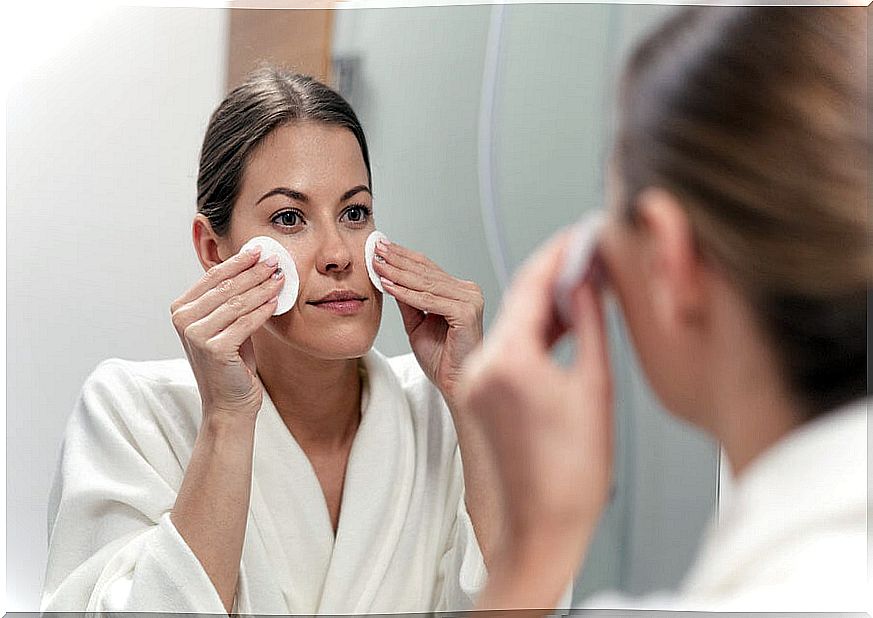
Folk remedies for skin lightening
Although the evidence does not support the supposed benefits of home remedies, some ingredients have been used in popular culture that appear to have a beneficial effect in lightening the skin. Although they cannot whiten it, they could provide some positive effects. Let’s see next.
Turmeric
Turmeric is said to help smoother skin by helping to inhibit excess melanin production. However, it is a fact that has not been proven. Despite this, a study published in Phytotherapy Research suggests that ingested topical turmeric can modulate skin health and function.
Specifically, it could help in the treatment and prevention of facial photoaging, oral lichen planus, itching, psoriasis, acne, and other skin problems. However, more evidence is needed. If you decide to try it, make a mask out of the powdered spice and use it regularly.
Plain yogurt
Another popular remedy that might be helpful for light skin lightening is plain yogurt. There is no evidence to support its purported topical effects, but those who have tried it suggest that it may be beneficial for this purpose.
In this regard, a systematic review published in the Journal of Alternative and Complementary Medicine indicates that fermented products such as yogurt provide benefits to the skin, both ingested and used topically.
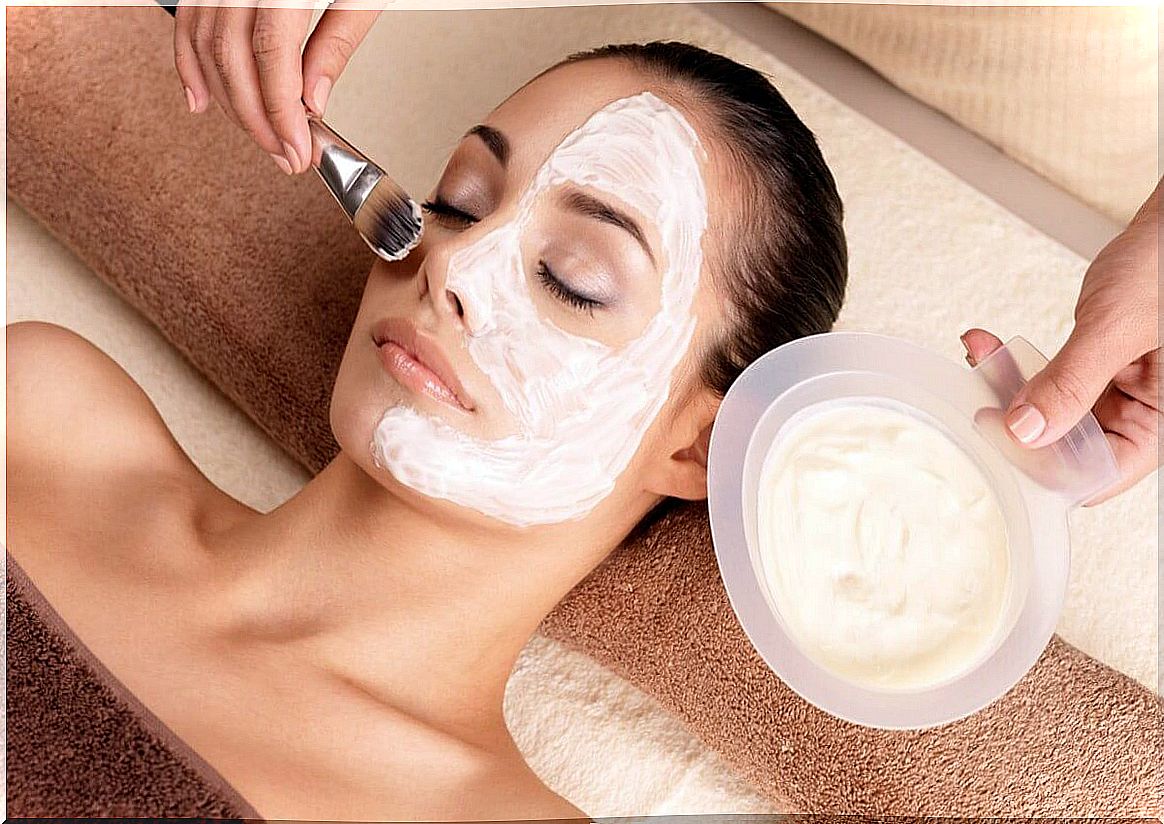
Colloidal oatmeal
For many years, oatmeal has been considered a good supplement to skin care. As in the previous cases, there is not enough evidence to say that it reduces blemishes. However, in popular culture this property has been attributed to him.
In any case, it can be tried without problem, since, according to a review in the Journal of Drugs in Dermatology , it is an ingredient with benefits for skin health. It could even be useful for problems such as dryness. We can moisten it with milk and use it as a mask.
What can help us against skin blemishes?
At this point, we are clear that whitening the skin is not the best option, and home remedies can be ineffective. Simply, in specific cases, a light rinse could be achieved. Therefore, the best thing against skin blemishes is prevention. For this, the American Academy of Dermatology recommends:
- Use sunscreen every day, whether or not there are spots. Sunscreen must offer SPF 30 or higher.
- Choose safe lightening products. These include those that contain vitamin C, glycolic acid, retinol, or 2% hydroquinone.
- Avoid products that contain steroids or mercury in their composition. Steroids can cause pimples and rashes, while mercury is highly toxic.
Finally, it is worth mentioning that other basic care helps a healthier and more protected skin. This includes eating a healthy diet, consuming water, cleansing the skin with appropriate products, and exfoliating regularly with gentle products.
If you want to know other methods of facial lightening, ask your dermatologist about the available options. Of course, before choosing one option or another, look for information about its side effects.
